IAF seeking approval to increase number of jets from 33 to 50, with a view of eventually having 75 aircraft.

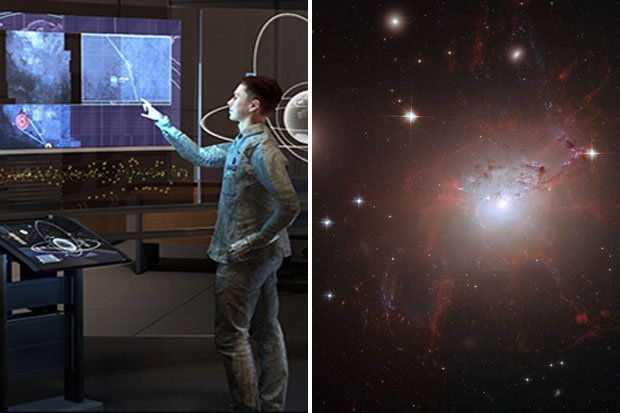
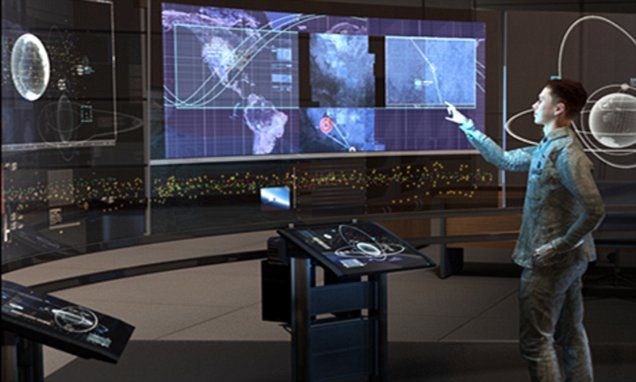

An article & short interview on implants with Sputnik:
The US Navy has held talks with “Transhumanist” and presidential candidate Zoltan Istvan, who told Radio Sputnik about the US military’s concerns.
Last week it emerged that US naval officers have held discussions with Zoltan Istvan of the Transhumanist political party, who is also running as a candidate for the US presidency.
He advocates fitting human beings with technology, including microchips, to boost brain power or enhance physical attributes.
Istvan himself has a microchip in his hand that he uses to give out business cards, send text messages, or start his car.

The more that DARPA works on NextGen Military equipment and machines; it feels like 1970s Star Wars is coming to life. Autonomous Jets with Death Lasers, dissovable weapons after usage, etc. Actually, this is good and bad.
DARPA’s transient technology was initially developed under an aptly named DARPA program called VAPR for “Vanishing Programmable Resources.” This program seeks electronic systems capable of physically disappearing in a controlled, triggerable manner.
“These transient electronics should have performance comparable to commercial-off-the-shelf electronics, but with limited device persistence that can be programmed, adjusted in real-time, triggered, and/or be sensitive to the deployment environment,” said DARPA.
VAPR aims to enable transient electronics as a deployable technology in the battlefield. Examples of these transient electronic devices are large-area distributed networks of sensors that decompose into the ground on command.
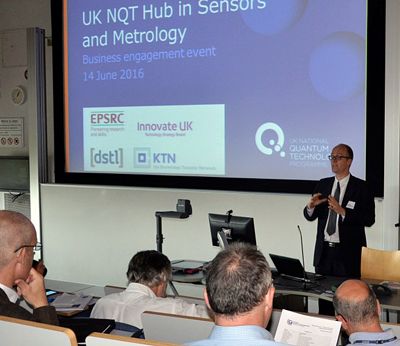
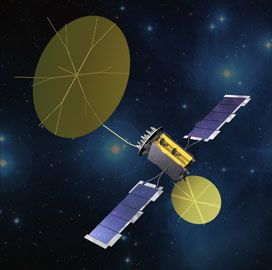
Government GPS now has a new backup approach.
The Defense Advanced Research Projects Agency plans to demonstrate a positioning, navigation and timing system that will use very low frequency band signals as backup in case military forces lose access to GPS networks.
Lin Haas, DARPA strategic technology officer, discussed the Spatial, Temporal and Orientation Information in Contested Environments project at DARPA Demo Day, the U.S. Army said May 19.
DARPA plans to demonstrate the STOIC system by fiscal year 2018 or 2019 while an at-sea demo will be conducted this year.
Forget 3D printing, are you ready for 4D printing?
The rapid development of a range of emerging technologies is driving four revolutions in military and security capabilities to which the global defence and security industry is increasingly required to respond.
Perception, processing and cognition
New approaches for both humans and machines to collect, synthesise, digest and discern information are necessary to make sense of complex and fast-moving strategic and operational contexts. Getting (and staying) ahead of threats and maintaining and leveraging situational awareness – especially in environments frequently marked simultaneously by a surfeit of available information of variable quality and timeliness and opacity – is beyond the capacity of legacy technologies and human capabilities.
ARLINGTON, Va., 14 June 2016. U.S. military researchers have chosen two companies to develop small unpowered and unmanned aircraft to air-drop small packages for forward-deployed forces. After delivery, the unmanned aircraft will vanish without any detectable trace. Officials of the U.S. Defense …
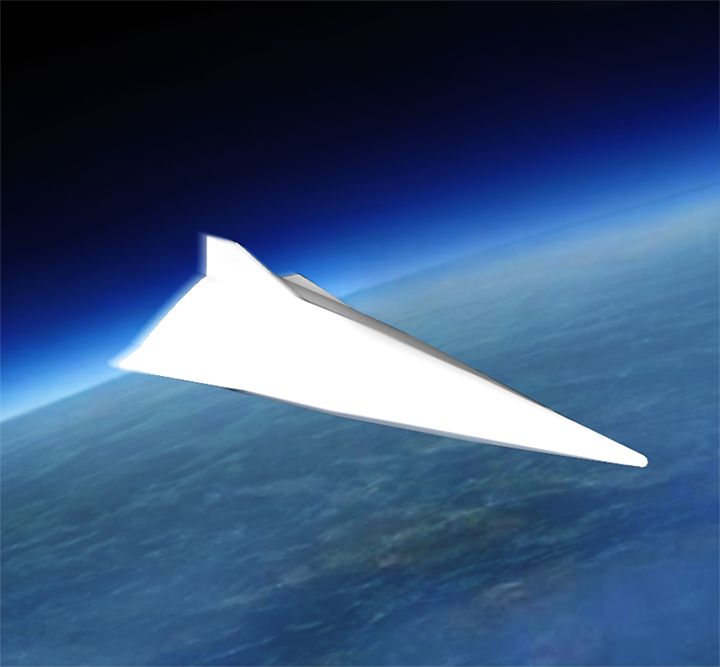
The world is in the midst of a new arms race, one designed to deliver hypersonic glider weapons — both conventional and nuclear — to one’s adversaries at lightning speed. The U.S. is leading the race at this point, but Russia and China are going to great lengths to make sure that they develop their own boost-glide technology.
Today, the U.S., Russia and China are developing a new class of hypersonic ballistic glider weapons, which within a decade, may render most of the world’s nuclear arsenals vulnerable to lightning-fast penetration and attack.
Although boost-glide [or hyperglide vehicles (HGVs)] weapons would be launched by ballistic missiles and reach hypersonic speeds of at least Mach 5 or more, they would remain maneuverable and largely untrackable after the initial boost phase of their flight. And unlike an intercontinental ballistic missile (ICBM), an HGV’s aerodynamics enables it to generate enough “lift” to potentially glide over distances approaching ten thousand kilometers. All before hitting their targets with accuracies down to a few meters.
“In theory, gliders can either “skip” along the atmosphere like a stone skimming the surface of a pond, or they can glide on a smooth “equilibrium” trajectory,” James Acton, co-director of the nuclear policy program at the Carnegie Endowment for International Peace in Washington, D.C., told me. But the latter smooth trajectory is technically less challenging. Thus, Acton says it appears that’s the one that all three countries are currently developing.